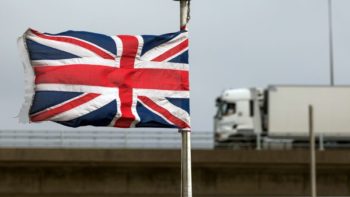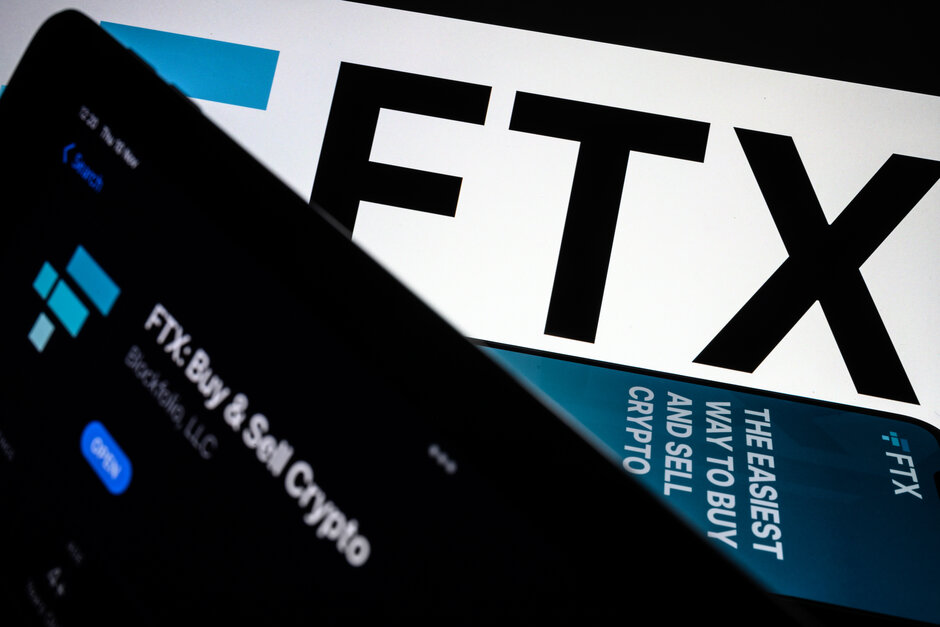 London
London
CNN
—
It’s been two years since former Prime Minister Boris Johnson signed his Brexit trade deal, triumphantly declaring that Britain would be “prosperous, dynamic and content” after completing its exit from the European Union.
The Brexit deal would allow British companies to “do even more business” with the European Union, Johnson said, and would leave Britain free to negotiate trade deals around the world while continuing to export seamlessly to the EU market of 450 million consumers.
In reality, Brexit has hampered the UK economy, which remains the only member of the G7 – the group of advanced economies that also includes Canada, France, Germany, Italy, Japan and the United States – with an economy smaller than before Brexit .pandemic.
Years of uncertainty about the future trade relationship with the European Union, Britain’s largest trading partner, have hurt business investment, which was 8% below pre-pandemic levels in the third quarter, despite a trade deal having been in place for almost two years between the UK and the EU was in force.
And the pound has taken a beating, making imports more expensive and fueling inflation while exports have not been boosted, even as other parts of the world have experienced a trade boom following the pandemic.
Brexit has created trade barriers for British companies and foreign companies using Britain as a European base.It weighs on imports and exports, undermining investment and contributing to labor shortages.All this has exacerbated Britain’s inflation problem and hurt workers and business.
“The most plausible reason Britain is doing relatively worse than peer countries is Brexit,” said L.Alan Winters, co-director of the Center for Inclusive Trade Policy at the University of Sussex.
The sense of gloom that hangs over the UK economy is caught by striking workers, who are walking out in increasing numbers over pay and working conditions as the worst inflation in decades erodes their wages.At the same time, the government is cutting spending and raising taxes to close the gap in its budget.
While Brexit is not the cause of Britain’s cost-of-living crisis, it has made the problem more difficult to solve.
“The UK voted for Brexit in a referendum, but the government then chose a very hard form of Brexit that maximized economic costs,” said Michael Saunders, a senior adviser at Oxford Economics and a former Bank of England official.
“Any hope of economic benefit from Brexit has all but disappeared.”
Although Britain voted to leave the European Union in June 2016, its exit from the single market and customs union was not finalized until December 24, 2020, when the two sides finally agreed on a free trade agreement.
On January 1, 2021, the Brexit deal, better known as the Trade and Cooperation Agreement, entered into force.
It eliminated tariffs on most goods, but introduced a range of non-tariff barriers, such as border controls, customs controls, import duties and health inspections on plant and animal products.
Before Brexit, a farmer in Kent could just as easily ship a truckload of potatoes to Paris as he could to London.Those days are no more.
“We hear stories every day from small businesses about the nightmare of forms, transport, couriers, things getting stuck for weeks at a time… the epic length of the issues is just mind boggling,” said Michelle Ovens, the founder of Small Business Britain, an action group.
“The way things have been going for the past two years has been really bad for small businesses,” Ovens told CNN.
Researchers at the London School of Economics estimate that the variety of British products exported to the European Union fell by 30% during the first year of Brexit.They said this was probably because small exporters had left small EU markets.
Take the example of Little Star, a British company that makes jewelery for children.The activities started in the Netherlands and there were plans to expand to France and Germany.But since Brexit, only two of its more than 30 Dutch clients are willing to take on the costs and paperwork of getting shares in the company.
Products that took two days to ship now take three weeks, while duties and sales taxes have made it much harder to compete with European jewelers, according to Rob Walker, who co-founded the company with his wife Vicky in 2017.The company is now looking to the United States for growth opportunities.
“Isn’t it strange that we have to look across the Atlantic to do business, because it’s so hard to do business with people who live 30 miles away?” Walker said.
A UK Chamber of Commerce survey of more than 1,168 companies published this month reported that 77% said Brexit has not helped them increase sales or grow their business.
More than half said they found it difficult to adapt to the new rules for trading goods.
Siteright Construction Supplies, a manufacturer in Dorset, told the Chamber that importing parts from the European Union to repair broken machines has become a costly and “time-consuming nightmare”.
“Brexit is the biggest bureaucracy companies have ever imposed,” said Siteright.
Nova Dog Chews, a producer of dog snacks, said it would have lost all of its EU trade had it not set up a base in the bloc.“This has cost our company a huge amount of money, which could have been invested in the UK without Brexit,” it added.
A UK government spokesman told CNN the government’s export support service has provided exporters with “hands-on support” in implementing the Brexit deal.
The deal is “the world’s largest zero-tariff, zero-quota free trade agreement,” the spokesman added.“It secures access to the UK market in key service sectors and opens up new opportunities for UK companies around the world.”
Britain will not easily replace what it has lost by giving up unfettered access to the world’s largest trading bloc.
The only substantial new trade deals it has made since leaving the European Union that don’t simply continue the ones it had as an EU member were with Australia and New Zealand.
According to the government’s own estimate, these will have a negligible impact on the UK economy, increasing GDP by only 0.1% and 0.03% respectively over the long term.
By contrast, the UK Office for Budget Responsibility, which prepares economic forecasts for the government, expects Brexit to cut Britain’s output by 4% over 15 years compared to staying in the bloc.Exports and imports will eventually be about 15% lower.
The first data has confirmed this.According to the OBR, the export volume of British goods to the European Union in the fourth quarter of 2021 was 9% below 2019 levels, while imports from the European Union were 18% lower.Goods exports to non-EU countries were 18% weaker than in 2019.
The UK “appears to have become a less trade-intensive economy, with trade as a share of GDP falling by 12% since 2019, two and a half times more than any other G7 country,” the OBR said in its March report.
According to Jun Du, an economics professor at Aston University in Birmingham, the drop in exports to non-EU countries could be a sign that UK companies have become less competitive as they face higher supply chain costs following the Brexit.
“The UK’s trading power has been permanently damaged [by Brexit]Du told CNN.“It doesn’t mean it can’t recover, but it’s been delayed for several years.”
Research by the Center for European Reform, a think tank, estimates UK trade in goods for the 18 months to June 2022 is 7% lower than it would have been had Britain stayed in the European Union.
Investment is 11% weaker and GDP is 5.5% smaller than it would have been, costing the economy £40bn ($48.4bn) in tax revenue annually.That’s enough to pay for three-quarters of the cuts and tax hikes British Chancellor of the Exchequer Jeremy Hunt announced in November.
The United Kingdom is expected to have one of the worst performing economies among developed countries next year.
The Organization for Economic Co-operation and Development expects the UK economy to shrink by 0.4%, only faster than sanctioned Russia.GDP in Germany is expected to be 0.3% smaller.
The International Monetary Fund forecasts growth of just 0.3% for UK GDP next year, ahead of only Germany, Italy and Russia, which are expected to contract.
Both institutions say high inflation and rising interest rates will weigh on consumer and business spending in Britain.
According to the Confederation of British Industry, a leading business group, the decline in private sector activity accelerated in December and has now declined for five consecutive quarters.
The downward trend “appears to deepen” into 2023, chief economist at the CBI Martin Sartorius said in a statement.
“Businesses are still facing a number of headwinds, with rising costs, labor shortages and declining demand contributing to a gloomy outlook for next year.”
— Julia Horowitz contributed to this report..
